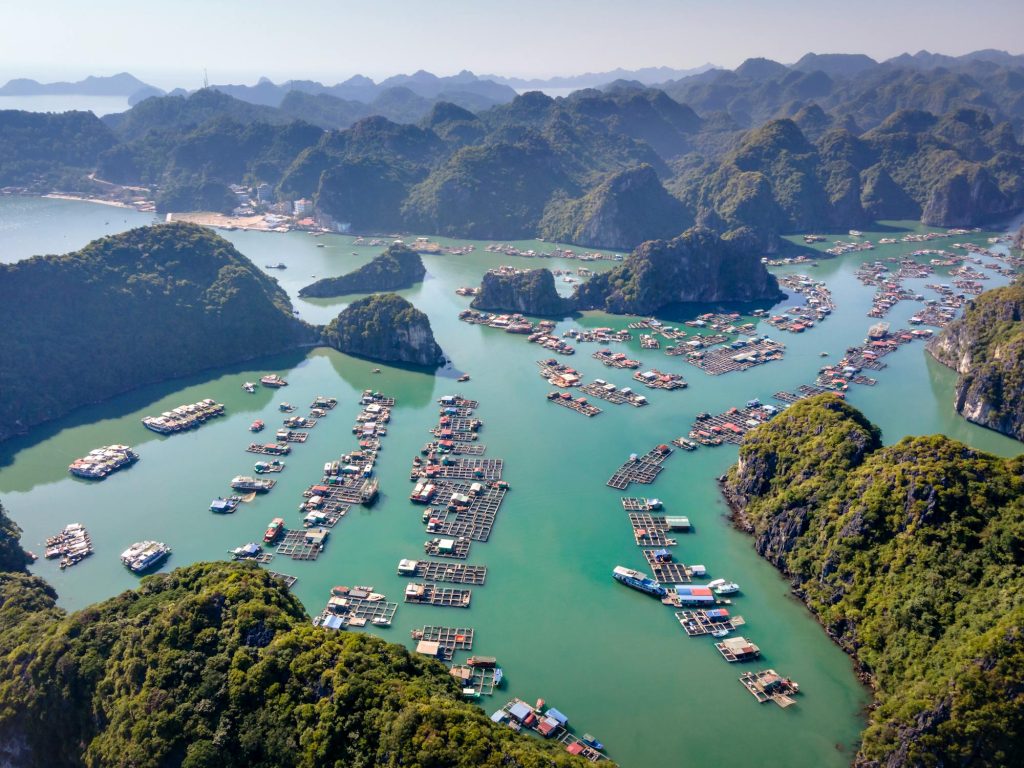Tourists could face a substantial fine of nearly 100,000 baht if they are found using sunscreen that contains four toxic ingredients known to cause coral death in the nation’s marine parks.
On October 16, the Department of National Parks, Wildlife and Plant Conservation (DNP) of Thailand issued a warning that visitors could be fined up to 100,000 baht (approximately 3,051 US Dollar) for using sunscreens with chemicals harmful to coral within the designated marine park areas. The imposition of this penalty is authorized under the regulations stipulated in the National Parks Act of 2019.
This proactive measure is an integral part of a long-term strategy to safeguard Thailand’s vulnerable marine ecosystem, which has been under increasing threat from chemical pollution and the pressures of mass tourism.
Mr. Atthaphol Charoenchansa, the Director-General of the DNP, confirmed that the ban specifically targets four toxic compounds: Oxybenzone, Octinoxate, 4-Methylbenzylidene Camphor, and Butylparaben.

“These chemical substances interfere with the developmental process of coral larvae, negatively impact reproduction, trigger the phenomenon of coral bleaching, and can ultimately lead to coral mortality,” stated Mr. Atthaphol Charoenchansa.
The agency strongly encourages tourists to opt for sun protection products that are environmentally conscious, particularly those explicitly labeled as “Reef Safe” or “Reef Friendly”. Furthermore, visitors are reminded of their responsibility to strictly adhere to other essential conservation rules. These include a prohibition on touching, stepping on, or collecting coral; the requirement to maintain a minimum separation distance of 2 meters from coral reefs; the mandate to refrain from discarding any trash or waste into the sea; and the necessity of complying rigorously with all directives provided by park management personnel.
The Department of National Parks has directed all marine parks across the country to intensify inspection efforts and significantly enhance educational outreach to visitors regarding the crucial importance of marine environmental protection, all with the overarching goal of fostering truly sustainable tourism development.
The phenomenon of coral bleaching is a complex issue stemming from multiple causes, such as pollution run-off originating from the mainland, illegal overfishing and destructive seafood harvesting practices, outbreaks of the crown-of-thorns starfish, and the continuous rise in sea surface temperatures, which have now reached critical thresholds, such as 30°C.
This decisive action underscores the mounting global concern regarding the environmental footprint of tourism on Thailand’s globally renowned coral reefs. These natural wonders attract millions of visitors annually, but they are simultaneously facing severe cumulative stress from the accelerating impacts of climate change and concentrated human activities.
(According to Khaosod English)

















